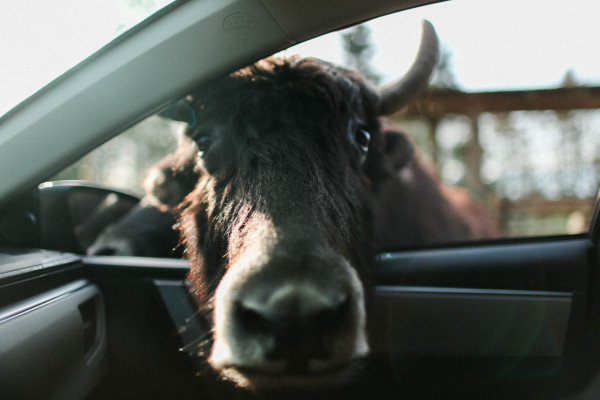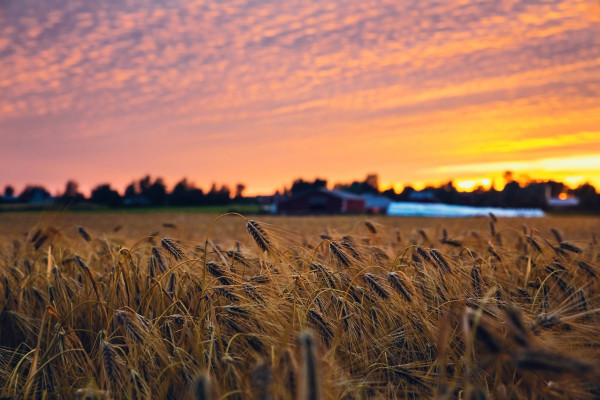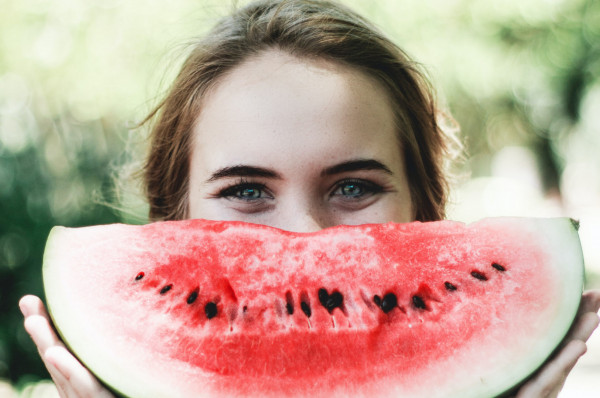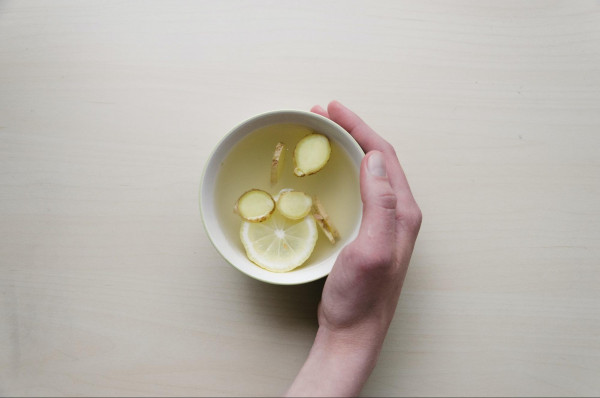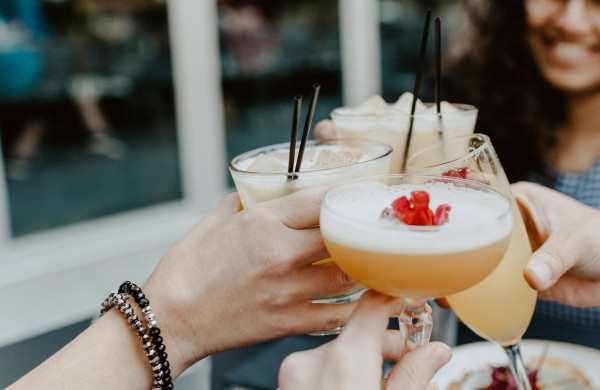July 16, 2021
Infinite Ways To Be Happy

If there’s one state of being we can call elusive, it is happiness. First of all, different people have different definitions of what it means to be happy. Many will look at how “at home” they feel in their own lives and whether they are living their full potential; others will look at the level of satisfaction with their day-to-day. Regardless of how many ways there are to be happy, what it mostly boils down to is feeling positive and having a sense of deeper meaning in our lives.
Happiness is a tricky one to measure, though there are ways. Take the Himalayan kingdom of Bhutan, for example, which instead of gross domestic product measures gross national happiness. This unique and creative concept crafted by former Bhutanese King Jigme Singye Wangchuck is very much rooted in Buddhist philosophy that promotes well-being. It’s a holistic and progressive way of approaching a country’s development, making sure its people are well-covered and thriving. GNH1 (gross national happiness index) is valued on 33 indicators, grouped under nine domains: psychological well-being, health, education, time use, cultural diversity and resilience, good governance, community vitality, ecological diversity and resilience and living standards. Bhutan takes happiness seriously.
Just sit there for a moment, close your eyes, take a deep breath and imagine if all countries in the world focused their efforts on promoting happiness of their own people. It’s a good thought, right? In fact, just thinking about this conjures up at least a tinge of happiness. But we live in the world as it is, we work with what we have and as individuals have to find out own ways of boosting happiness.
IT’S ABOUT ALL THE FEELS
Another thing to keep in mind: happiness is not a constant state of being. While we all have people in our lives who always appear to be smiling or have a Zen-like look of contentment on their face, there’s no doubt these people also go through the full range of emotions. Happiness makes just one small part of unlocking the experience of being human. It’s about all the feels, not just one. Perspective is what matters, too, and reframing negative thoughts. As J. K. Rowling writes in Harry Potter and the Prisoner of Azkaban, “Happiness can be found, even in the darkest of times, if one only remembers to turn on the light.”
In pursuit of happiness, these days you can choose from a multitude of courses that claim to teach well-being. There are lots of happiness hacks out there you can try, from keeping a gratitude journal (feeling grateful is said to lift our happiness) to meditating and using a light box as part of your daily routine. What and who we surround ourselves with as well as how we live our lives is very much a factor in whether we feel happy, and how happy we feel.
EAT & DRINK FOR HAPPINESS
What we often neglect is the fact our happiness also relies on what we eat and drink. Access to clean water and air is, or at least should be one of the fundamental human rights. What we put in our bodies is a major part of how we feel. Eating leafy greens, munching on chocolate, and adding turmeric to your diet are just some of the foods that have been scientifically proven to change our outlook on life.
There’s the other side of the coin, too. Load up on processed sugars and you’ll likely feel good but there’s a catch – it will be brief and the impact on the body won’t be so good. More and more people are cutting their sugar intake and looking for alternatives, like xylitol and stevia, which are naturally occurring sugar substitutes. This makes perfect sense for individuals, who are seeking to improve their health, but also for the planet. It’s not about quick pleasures, brief rushes of joy or instant satisfaction. Or rather it can be, but then it’s not sustainable. And wouldn’t we all love to sustain our happiness and well-being over time, rather than have only glimpses of it.
DIFFERENT TYPES OF HAPPY
According to Greek philosopher Aristotle, there are two types of happiness: hedonia, associated with pleasure or doing what feels good and fulfills desires, and eudaimonia, based on the idea that our life has value, purpose or meaning in the large scheme of things. Happiness is also tied into our level of engagement with others, feeling part of the whole and belonging to a community, family or social circle.
Looking at happiness through that prism, it only makes sense to remind ourselves we are citizens of one planet, and each one of us on this planet has our own little patch that’s part of a larger whole. When you see it that way, being mindful of what we consume becomes even more important and appealing, as does supporting brands that are focused on meaningful enjoyment and well-being.
Just like with parenting or relationships, there is no one set rule of happiness that can be applied to all. No surefire manual on how to be happy exists, as of yet. In fact, there are as many kinds of “happy” as there are people on this planet. Each of us has to find our own happy place – and that is a journey. But just like ancient Chinese philosopher Lao Tzu wrote: “The journey of a thousand miles begins with one step.” And that one step may just be what you drink next.

